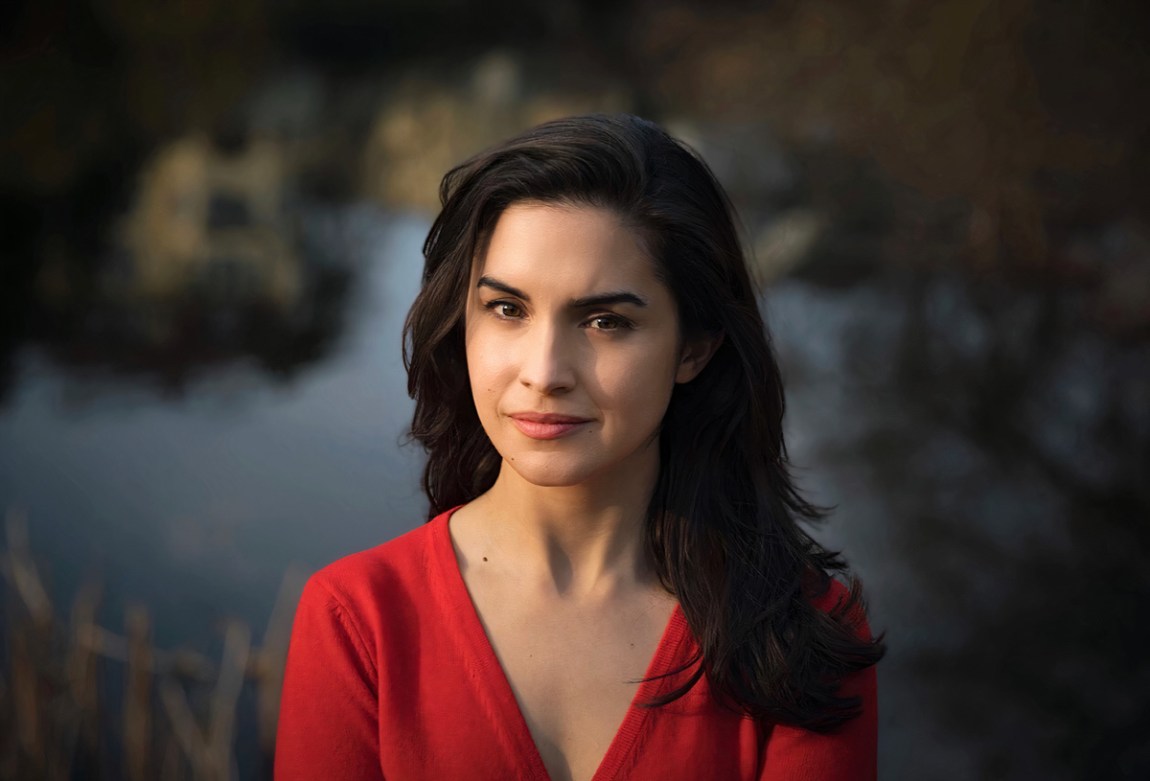Join Merve Emre for a three-session webinar on Jane Austen’s Emma beginning Monday, September 16, 2024 at 5 pm EDT.
Virginia Woolf described Middlemarch as “one of the few English books written for grownup people.” It is also about growing up in rural England, where a woman’s outsized desire for romantic, intellectual, and moral greatness is easily disappointed. George Eliot’s panoramic novel, which maps the trials of love and death, professional idealism and ambition, and social and political change, remains one of the greatest meditations on what it means to live a consequential life in the modern world.
About this series
In his preface to The Portrait of a Lady, Henry James recalled the challenge presented to him by the novel’s main character, Isabel Archer. “By what process of logical accretion was this slight ‘personality,’ the mere slim shade of an intelligent but presumptuous girl, to find itself endowed with the high attributes of a Subject?” he wondered. “Well, what will she do?” This seminar takes James’s question—“What will she do?”—as crucial to the novel, a genre of fiction that has been particularly interested in how young women determine what to do with their lives. Reading across six novels—Jane Austen’s Emma, George Eliot’s Middlemarch, Henry James’s The Portrait of a Lady, Nella Larsen’s Quicksand, and Elif Batuman’s Either / Or—we will trace the history of the novel through its evolving representations of sex, desire, race, class, and a distinctly female consciousness.
About Merve Emre
Merve Emre is the Shapiro-Silverberg Professor of Creative Writing and Criticism at Wesleyan University and the Director of the Shapiro Center for Creative Writing and Criticism. Her books include Paraliterary: The Making of Bad Readers in Postwar America, The Personality Brokers (selected as one of the best books of 2018 by the New York Times, The Economist, NPR, and The Spectator), The Ferrante Letters (winner of the 2021 PROSE award for literature), and The Annotated Mrs. Dalloway. She has been awarded the Philip Leverhulme Prize, the Robert B. Silvers Prize for Literary Criticism, and the Nona Balakian Citation for Excellence in Reviewing by the National Book Critics Circle. She is a contributing writer at The New Yorker and a regular contributor to the New York Review of Books, where she also hosts the podcast “The Critic and Her Publics.”




